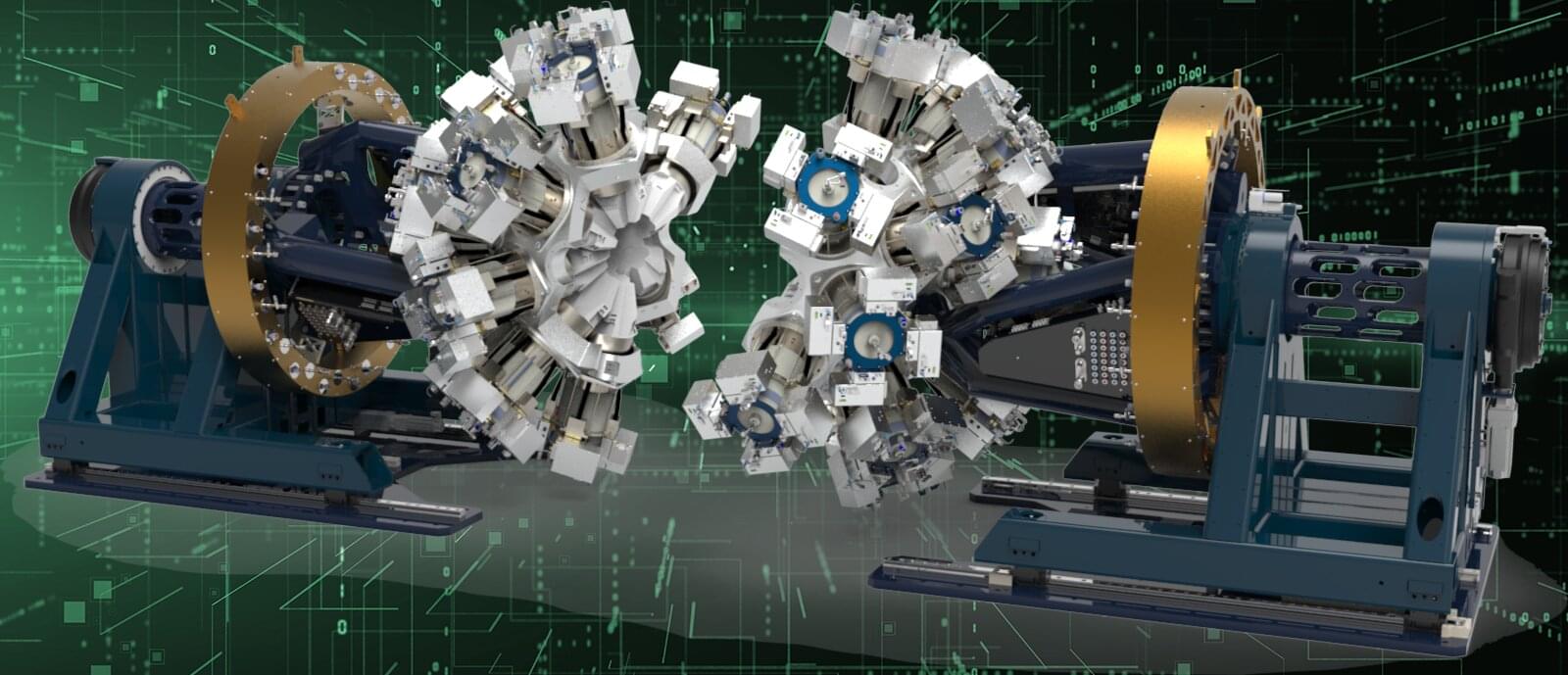Analyzing massive datasets from nuclear physics experiments can take hours or days to process, but researchers are working to radically reduce that time to mere seconds using special software being developed at the Department of Energy’s Lawrence Berkeley and Oak Ridge national laboratories.
DELERIA—short for Distributed Event-Level Experiment Readout and Integrated Analysis—is a novel software platform designed specifically to support the GRETA spectrometer, a cutting-edge instrument for nuclear physics experiments. The Gamma Ray Energy Tracking Array (GRETA), is currently under construction at Berkeley Lab and is scheduled to be installed in 2026 at the Facility for Rare Isotope Beams (FRIB), at Michigan State University.
The software will enable GRETA to stream data directly to the nation’s leading computing centers with the goal of analyzing large datasets in seconds. The data will be sent via the Energy Sciences Network, or ESnet. This real-time analysis will allow researchers to make critical adjustments to the experiment as it is taking place, leading to increased scientific productivity with significantly faster, more accurate results.
